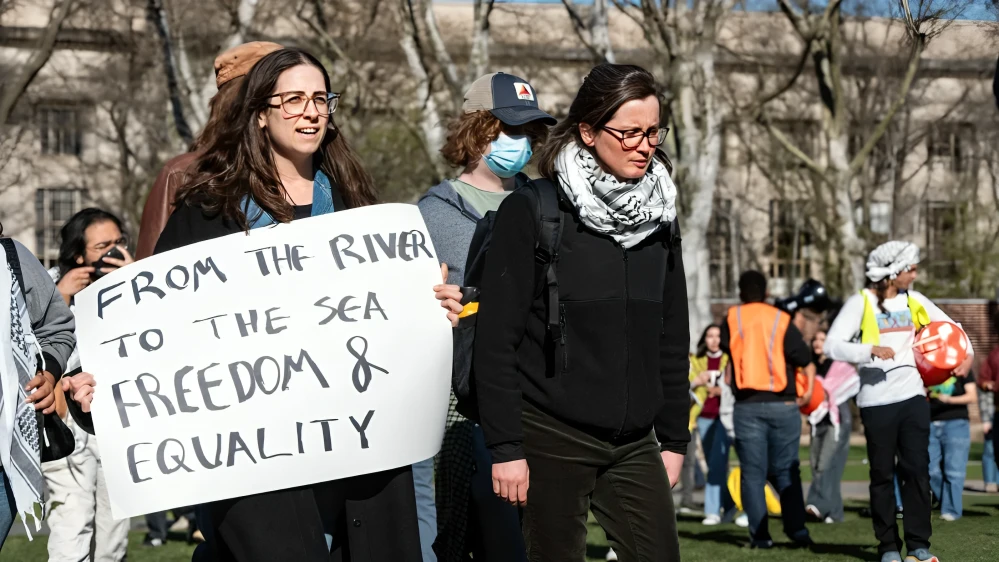Landmark immunity decision US reshapes presidential accountability
 Former US President and Republican presidential candidate Donald Trump gestures as he participates in the first presidential debate of the 2024 elections with US President Joe Biden at CNN's studios in Atlanta, Georgia, on June 27, 2024. (AFP Photo)
Former US President and Republican presidential candidate Donald Trump gestures as he participates in the first presidential debate of the 2024 elections with US President Joe Biden at CNN's studios in Atlanta, Georgia, on June 27, 2024. (AFP Photo)
In a landmark decision, the U.S. Supreme Court ruled on Monday that former U.S. presidents enjoy some degree of immunity from criminal prosecution for actions taken while in office, potentially delaying the trial of former President Donald Trump on charges related to the 2020 election.
The 6-3 ruling, split along ideological lines, was delivered Monday in a case that has significant implications for executive power and the upcoming presidential race. Chief Justice John Roberts, writing for the majority, stated that while a president is “not above the law,” they do have “absolute immunity” for official acts performed during their tenure.
“The president therefore may not be prosecuted for exercising his core constitutional powers, and he is entitled, at a minimum, to a presumptive immunity from prosecution for all his official acts,” Roberts wrote. However, he clarified that “As for a President’s unofficial acts, there is no immunity.”
The case has been remanded to a lower court to determine which of the charges against Trump involve official or unofficial conduct. This process is expected to involve a series of lengthy pre-trial hearings, making it unlikely that a trial will occur before the November presidential election.
Trump faces charges including conspiracy to defraud the United States and obstruction of an official proceeding related to the events of January 6, 2021. The former president welcomed the ruling on his social media platform, Truth Social, calling it a “big win for our Constitution and democracy.”
In a strongly worded dissent, Justice Sonia Sotomayor expressed concern about the ruling’s implications. “Never in the history of our Republic has a President had reason to believe that he would be immune from criminal prosecution if he used the trappings of his office to violate the criminal law,” she wrote.
Legal experts suggest that this decision could significantly complicate the prosecution of former presidents. Steven Schwinn, a law professor at the University of Illinois Chicago, noted that the ruling “simply means that this case is going to drag on more and more and longer and longer and well beyond the election.”
The decision comes as Trump, the presumptive Republican nominee, faces multiple legal challenges while campaigning for the 2024 presidential election. The ruling’s impact on the timing of his trials and the broader implications for presidential accountability remain subjects of intense debate.



